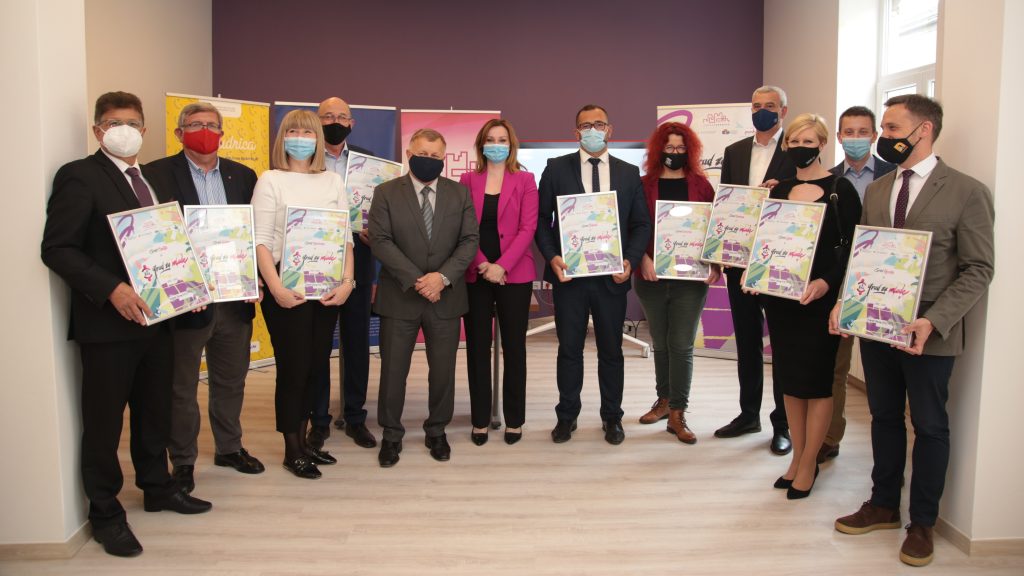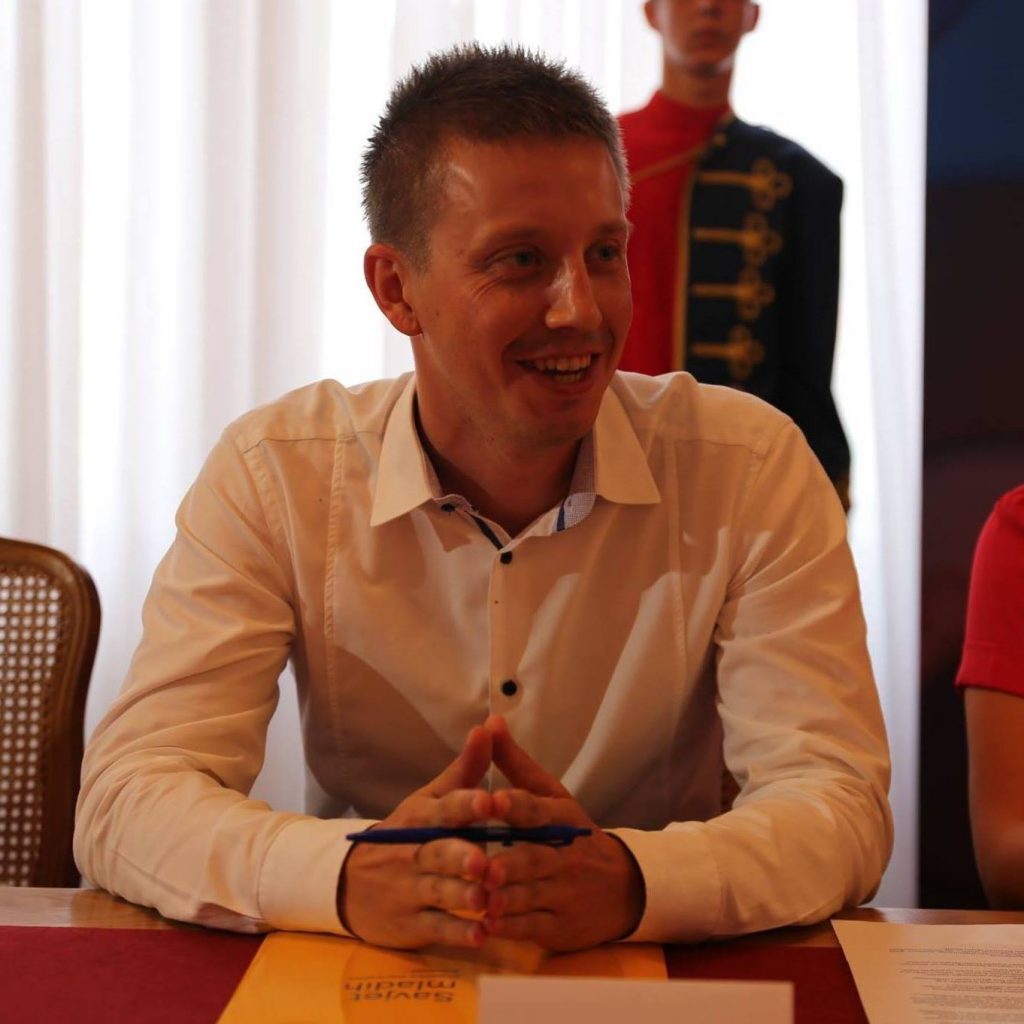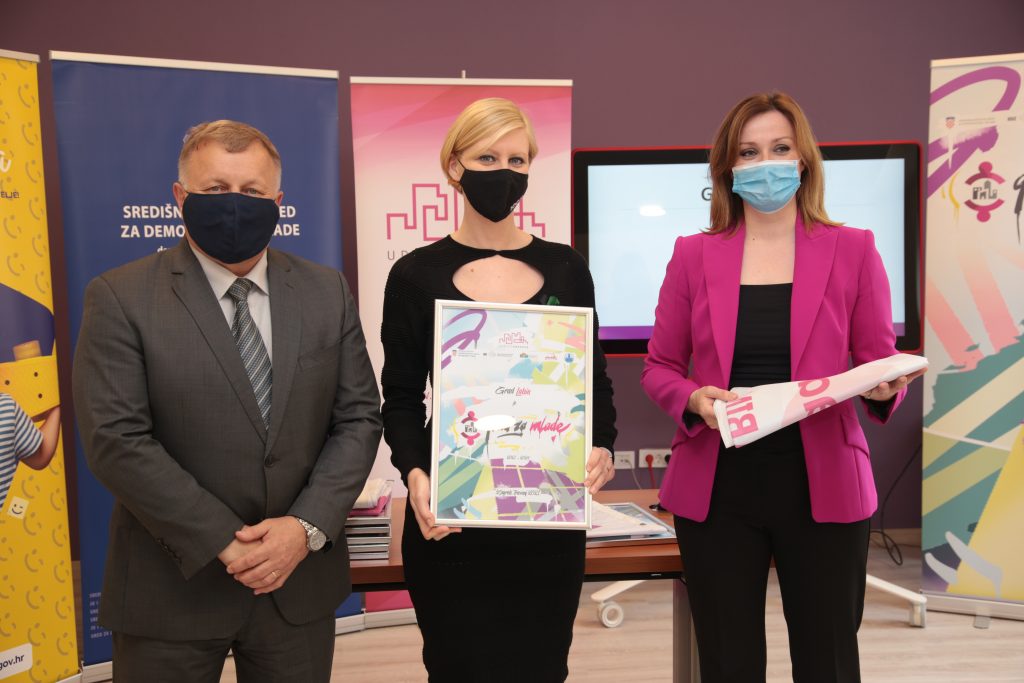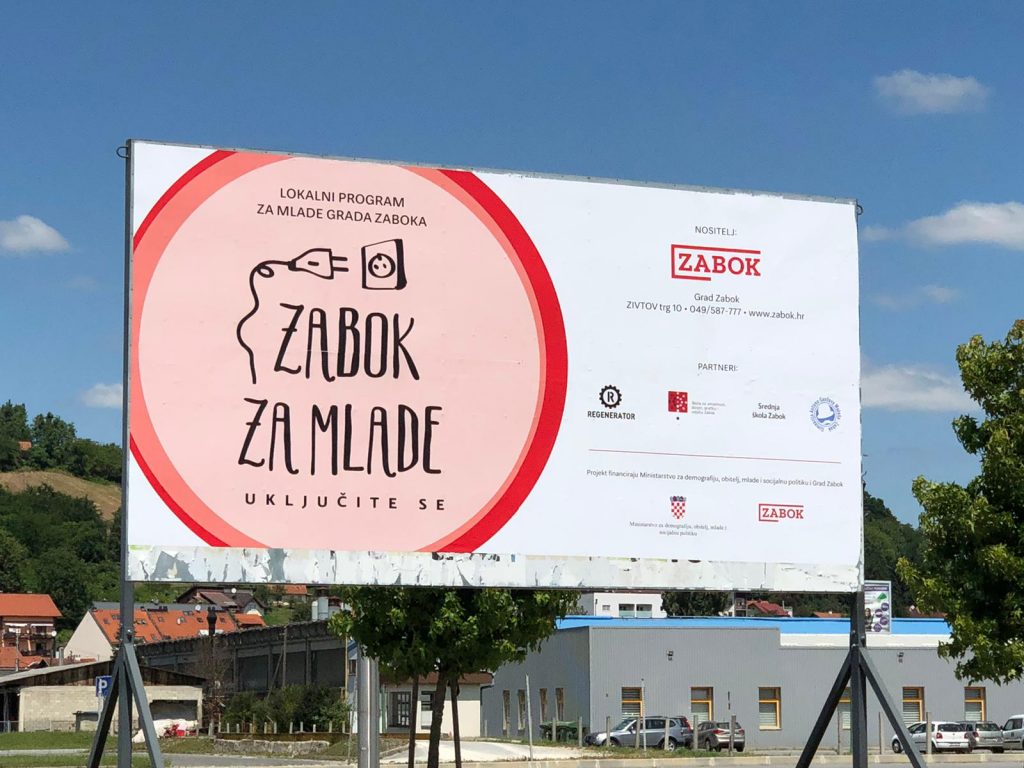“I’m changing Europe!”


The year of 2021 brings new horizons for local youth work in Croatia. Inspired by the European Charter on Local Youth Work, the Association of Cities in Croatia together with the Croatian Agency for Mobility and EU Programmes published a call inviting cities to apply for a ‘City for Youth’ certificate. How this initiative contributes to further development of youth work in Croatia, its process and outcomes, are among the central topics of our interview with Mr. Mario Žuliček - National Knowledge Manager Assistant for the Association of Cities in Croatia.

Q: Tell us about the Association of the Cities in Croatia and its objectives and tasks.
A: The Association of Cities is a national, non-party and impartial association of cities, founded in 2002, with the aim of encouraging cooperation between local self-government units and promoting the common interests of cities in the Republic of Croatia. However, it has been operating in other organizational forms in the territory of the Republic of Croatia since 1971.
Our main objectives focus on decentralization of powers and finances from the level of central government to the cities, on promoting the interests of local self-government in public and also encouraging cooperation of the local self-government units.
The Association of Cities meets the needs of local self-government units, who are our key stakeholders, and represents their interests towards the national level of government and the public.
Q: What is the ‘City for Youth’ certification process and what role does the Association of Cities play in it?
A: The Association of Cities is the initiator of the process of certification of cities called "City for Youth", as well as the holder of the project. Through the preparation and implementation of the process, we have brought together relevant organizations and institutions in the field of youth policy in Croatia, so we have the national level of government, academia, an agency in charge of international youth programs, a national youth association and an organization that certifies cities based on policies for children.
The criteria are defined based on the analysis of existing models in Europe, and there are a total of 71 criteria, divided into 8 thematic areas - ‘participation’, ‘demography’, ‘employment’, ‘mobility’, ‘health and sport’, ‘youth work and culture’, ‘education and information’. Thus it is clearly emphasized which aspects are given importance within this process. To be certified, a city must meet a minimum of 50% of the criteria from each of the thematic areas. This ensures that the certified city evenly develops all aspects that are marked as important.
In addition, depending on the size of the city based on population, a total of 60, 70 or 80% of all criteria need to be met. Cities are divided into categories up to 10,000, from 10,000 to 35,000, and more than 35,000 residents.
Q: How many cities participated in the certification process? Do you plan to hold it regularly?
A: A total of 32 cities applied for the first call, which was conducted earlier this year. After a qualitative evaluation by the commission, nine cities received the certificate. The winners are cities of different sizes, from different parts of Croatia. The following nine cities have met the criteria and received the title of City for Youth 2021-2024: Karlovac, Koprivnica, Labin, Novska, Opatija, Rijeka, Šibenik, Varaždin, Zabok.
It is important to mention that all cities that applied received feedback on the quality of their candidacy, and had the opportunity to request direct comments from the evaluators who worked on their candidacy.

The plan is to make a qualitative evaluation of the whole process after the first call and, if necessary, upgrade it. In addition, the plan is to map examples of good practice from all applications received so that other cities have the opportunity to see what practices exist and to lay the groundwork for exchange.
As for the continuation of the implementation of the process, the plan is to publish the call once a year.

Q: How is the European Charter on Local Youth Work utilized in the certification process and what is its impact on local youth work in Croatia?
A: Thanks to the participation of the Agency for Mobility and the EU programmes in the process since its inception, great attention is paid to the European Charter on Local Youth Work. The signing of the charter by the city that is a candidate is one of the exclusive conditions for joining the candidacy. The content of the Charter, as well as the experience in creating it, greatly helped in creating and directing the whole process.
